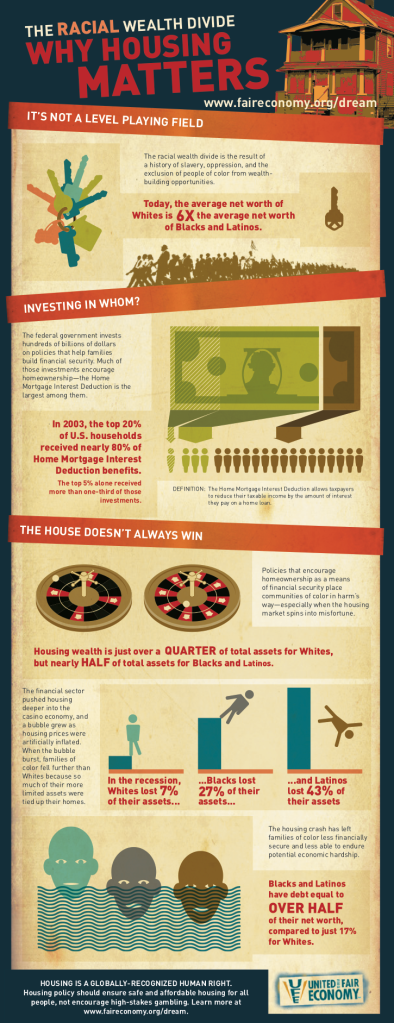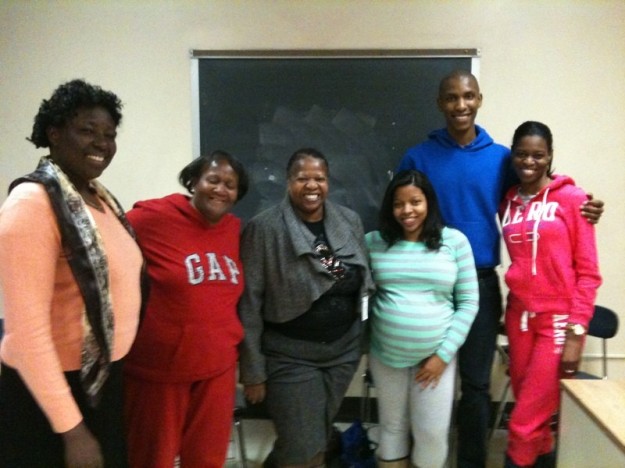We are honored to have another dynamic guest speaker this week: Bro. Zayid Muhammad. His bio follows and, as always, guests are welcome. See class location details on the about page. For students in the class, read and bring your copy of the current Amsterdam News as usual. Not also that coming to classes with guest speakers is not optional: it’s considered part of your grade and the learning experience of this class. There is no additional reading assignment this week. Remember also that there is an assignment due next Friday. You can download it here as a MS Word doc: BlkCommunity_assignment1.
Speaker bio:
Bro. Zayid Muhammad…bka ‘Baba Zayid’…
In late 1977, using a stubborn alias and tied to a slave name few would even remember, he stole a copy of The Autobiography of Malcolm X in a drug transaction…
In short, the rest is history…

“I was up to my nostrils in wrongdoing and was bound to ‘take a fall’ as we used to say on the streets, back then. But by the mercy of the creator, I stole Malcolm’s biography and read it, and was never so clear about what to do with my life…reading, as our chained and bound ancestors can attest, can truly save yr life…it surely saved mine…”
He became Bro.Zayid Muhammad, a soldier for Allah, in Malcolm’s legendary street combing spirit, walking the streets New Jersey, New York, anywhere our people were, selling The Bilalian News, the successor to Muhammad Speaks, trying to call young black men and women to Allah, as he had been called…Within a few years, as an activist in the black student movement, he got in touch with Malcolm’s Pan-Afrikan legacy, and became a serious community organizer in that tradition.
Over the years, ‘bro.zayid,’ a proud NY Panther cub, has worked with some incredible players in the black liberation movement, including Panther legends like Dhoruba bin Wahad in Dhoruba’s Campaign To Free Black Political Prisoners, the late Safiya Bukhari Alston who launched the Jericho Movement, Rosemari Mealy in the Venceremos Brigade, Sam Anderson’s Network of Black Organizers and of course his supreme heroine in exile, Assata Shakur…the immortal Kwame Ture, the underappreciated SNCC Panther, was also a huge influence…He is the press officer for the Malcolm X Commemoration Committee initiated by elder Herman Ferguson, Malcolm’s comrade in the OAAU. A longtime Newark resident, he has proudly worked with and for Amiri and Aminah Baraka in a host of hellraising settings…
In 1998, he humbly received the Kwame Ture Freedom Fighter’s Award from the Women In Support of Million Man March (WISOMMM) for leading dozens over to the epic Million Youth March under the banner of the Assata Shakur’s Freedom Fighters Caravan and for his role in minimizing casualties when the march came under attack by Rudolph Giuliani’s police…
He has been a key player in the epic battle to save Mumia Abu-Jamal, donning his ol’ civil disobedience hat in the incredible 1999 Liberty Bell takeover…
That same year, the late Khallid Abdul Muhammad asked ‘bro.zayid’ to serve as his chief of staff for the New Black Panther Party. Upon Khallid’s untimely passing in 2001, Malik Zulu Shabazz, Khallid’s successor asked him to serve as the party’s national minister of culture, a post he continues to hold to this day. It is in this position, that young people began calling him Baba Zayid,…baba or father in Yoruba,..,out of respect for what is now a 35 year commitment and his fatherly counsel and bearing.
As an artist, he is a writer, poet and stage actor…His writings have appeared in Essence, the Amsterdam News, The Daily Challenge, Nation Time, and The Black Scholar…He published two chapbooks to bring in the new millennium, lick this:insurgent offerings for malcolm and censor this:navigating the nasty 90s for mumia…He was the founder of Frontline Artists, who hosted the first book party for Assata’s autobiography in 1988 to the chagrin of the NJ state police, and whose readings and workshops in New York City helped spark the explosion of so-called ‘spoken word’ in the 90s…
An electric speaker, he has spoken on numerous college campuses and has appeared on The Open Line, Afrikaleidiscope, Where We Live, Like It Is and other television and radio shows…
In 2007, after organizing a citywide march against street violence, Baba Zayid was shot by an unknown assailant in broad daylight sharpening the both the finite and infinite tangibles of life and a life committed to struggle. Refusing to stepback from his place in this effort, he electrified a national rally in defense of Meghan Williams, the young African-american savagely gang raped, tortured and kidnapped in West Virginia, just weeks later.
Baba Zayid’s 35 year old commitment still finds him busy as ever answering the drum whenever his people call and most anxious to train another generation in hellraising and organizing…
 This week, we’ll take a field trip to an important community institution in Harlem, “Clarke House”, named in honor of the great Pan-African scholar and former Hunter College profesor Dr. John Henrik Clarke and run by the Board of Education for People of African Ancestry (BEPAA). Class meets offsite at the Clarke House: 286 Convent Ave (near 141 St.) Manhattan. It’s accessible by the A,B,C, and D trains to 145th St; B,C trains to 135th; 1 train to 137th and Broadway; or M100, 101 buses, which stop a block away on Amsterdam Avenue. (Convent Ave is between Amsterdam and St. Nichloas Aves. The lettered trains run on St. Nick)
This week, we’ll take a field trip to an important community institution in Harlem, “Clarke House”, named in honor of the great Pan-African scholar and former Hunter College profesor Dr. John Henrik Clarke and run by the Board of Education for People of African Ancestry (BEPAA). Class meets offsite at the Clarke House: 286 Convent Ave (near 141 St.) Manhattan. It’s accessible by the A,B,C, and D trains to 145th St; B,C trains to 135th; 1 train to 137th and Broadway; or M100, 101 buses, which stop a block away on Amsterdam Avenue. (Convent Ave is between Amsterdam and St. Nichloas Aves. The lettered trains run on St. Nick) 






